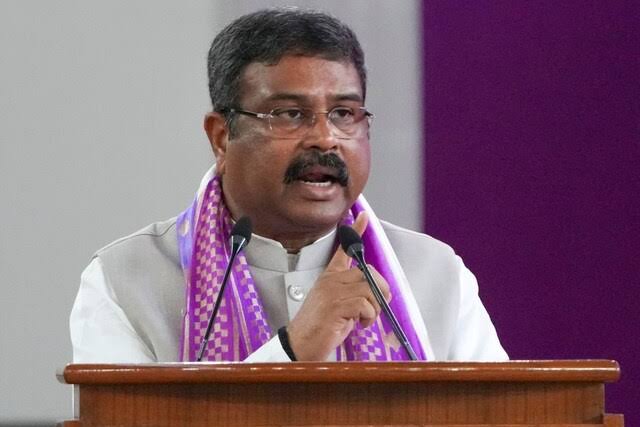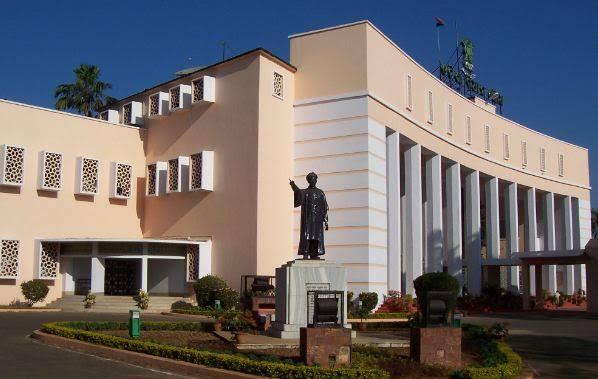Bhubaneswar: Union Education Minister Dharmendra Pradhan has urged Odisha Chief Minister Mohan Charan Majhi to amend the Odisha Universities (Amendment) Act, 2020, introduced by the BJD Government. In a letter, Pradhan emphasized the need to rectify discrepancies in the Act to align with legal and regulatory frameworks.
Pradhan highlighted the importance of these amendments to restore confidence among educators, protect the autonomy of educational institutions, and ensure the state upholds the highest standards of education. He criticized the previous state government for enacting the Amendment Act for political reasons, which brought extensive changes to the original 1989 Act. These changes, he argued, conflicted with UGC provisions and undermined the interests and autonomy of educational institutions.
The Union Minister emphasized the need to reconsider the previous government’s efforts to undermine the credibility of the state’s educators and educational institutions.
Pradhan pointed out that the Supreme Court’s ruling in the Gambhirdan K. Gadhvi vs The State of Gujarat case on March 3, 2022, upheld the UGC’s supreme regulatory authority over state-enacted laws in the education sector. He expressed concern over the inconsistencies created by the Amendment Act, which aimed to curtail the autonomy of educational institutions and cast doubts on the credibility of educators in Odisha.
Pradhan also noted that the UGC’s regulations are prepared after extensive deliberation and discussions to maintain academic standards and respect the autonomy of educational institutions. He warned that any legal framework disregarding these regulations would affect the quality of education and the respect of educators.
Specific provisions in the Odisha Universities (Amendment) Act related to the selection of vice-chancellors and the appointment of faculty were highlighted as inconsistent with UGC regulations and judicial directions set by the Supreme Court. The inclusion of numerous nominated members by the Chancellor and government officials in the syndicate, the highest executive body of the university, raised concerns among educators.
Pradhan warned that the amendment could lead to excessive government control over educational institutions, undermining the independence of faculty members and the ability of institutions to operate independently and maintain academic integrity. This erosion of autonomy, he argued, would impact the quality of education provided to students. He called for a balance in educational institutions based on UGC rules and regulations.

















